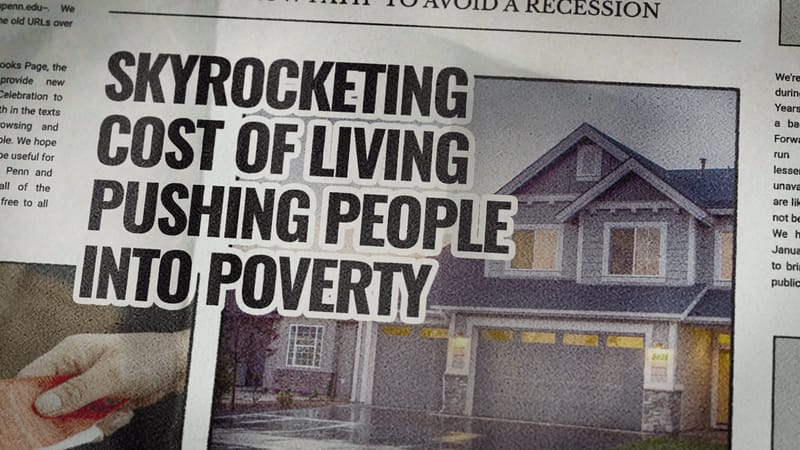
Automation will help humans make better decisions, but at what cost? How many jobs will automation displace globally and what will the jobs of the future be? What will humans do with the extra time provided by a more automated world? How society reacts to and manages this fundamental societal change will have significant impacts for the human race.
As robotics and artificial intelligence become more prevalent in our communities, we are seeing major social and economic disruptions. Some are positive, some are not, and some pose deep ethical questions. In this documentary Monash researchers and industry experts offer their insights on these challenges.





